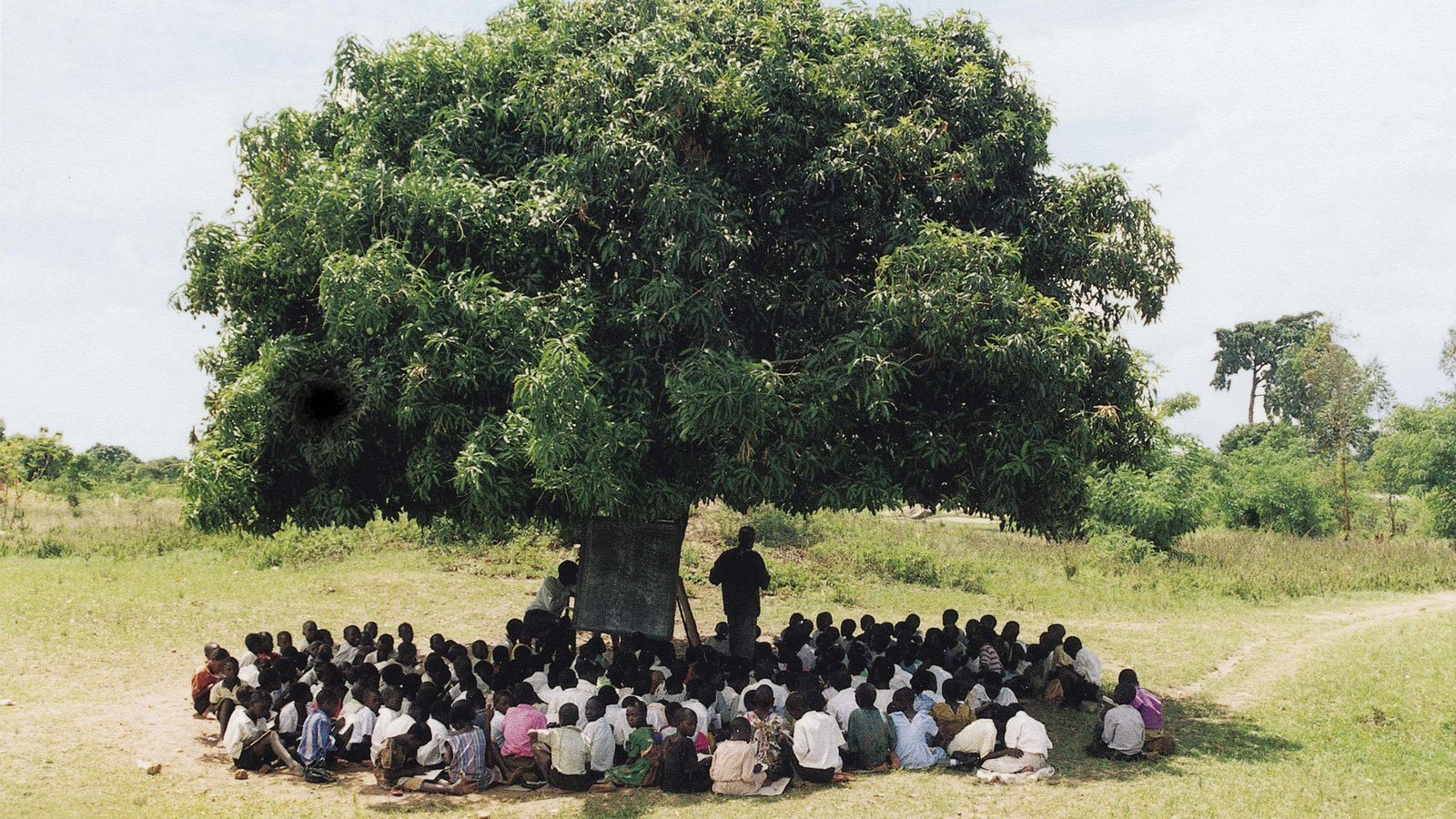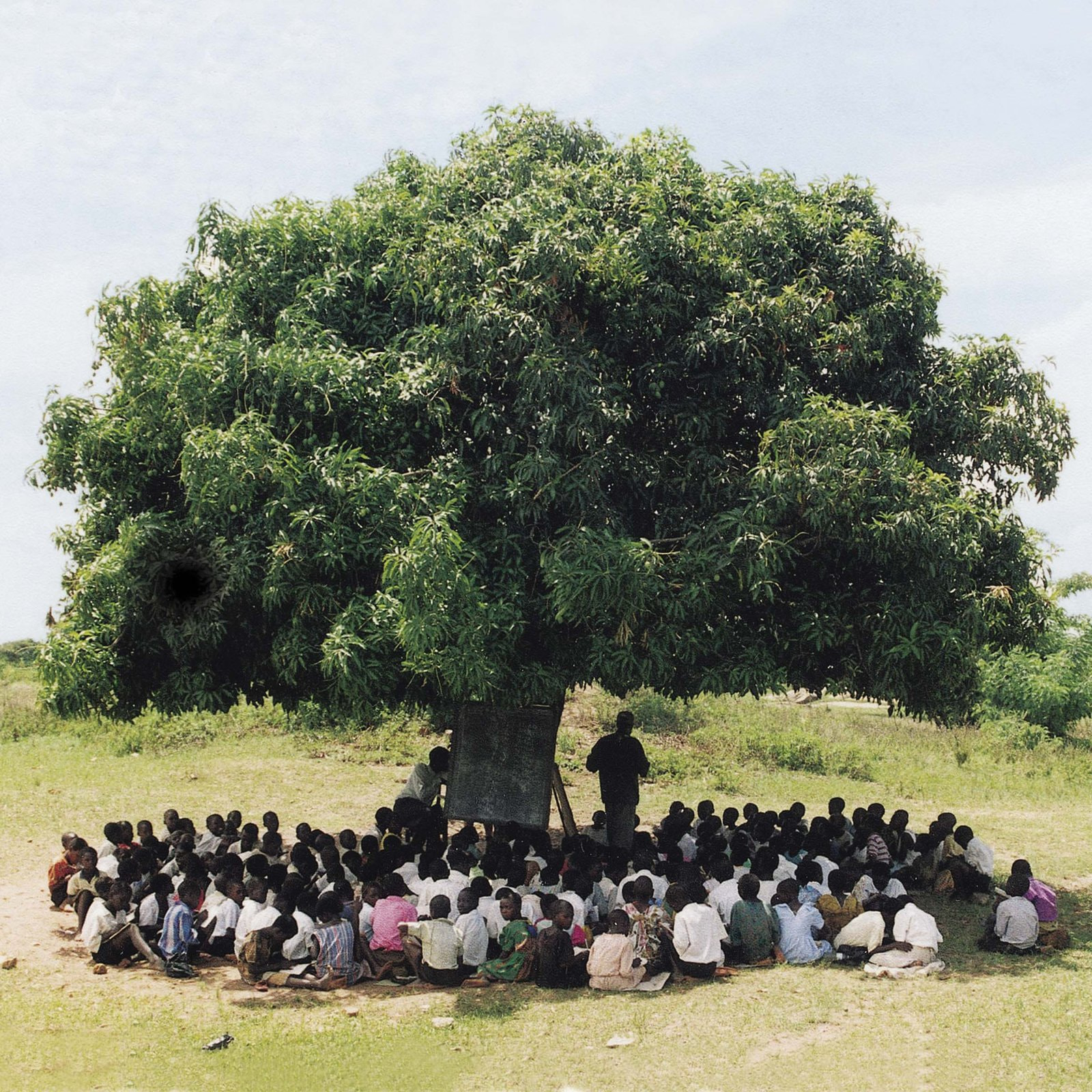Invited by the UN, in 2000 Abbas Kiarostami traveled to Uganda to make a film about the Women’s Effort to Rescue Orphans, an initiative launched in response to disasters leaving more than two million Ugandan children without parents. During his first, ten-day-long research trip, he filmed about twenty hours of video diary on a digital camera, documenting not only the suffering and death caused by the civil war and AIDS and malaria epidemics but also the joyful faces of kids who saw the camera for the first time. After returning to Iran, Kiarostami edited this rough footage into a film, thinking that he would never again get an opportunity to record a more natural reaction from his protagonists. The emotional and self-reflective picture premiered out of competition at the 2001 Cannes Film Festival.
ABC Africa avoids ethnographic optics in every possible way, not seeking to represent tragedy as such, totally honestly reflecting the events witnessed by the author. Kiarostami also did his best to humanize the heroes, drawing on the tradition of Iranian documentary filmmaking started by director and poet Forough Farrokhzad’s The House is Black (1963)—an acclaimed short about the life of leper colony inhabitants. This allowed Kiarostami to achieve a world of contrasts, even on the visual level: one of the longest shots of this otherwise sunlit film is shot in complete darkness in Masaka, the epicenter of the HIV epidemic, where electricity is cut off at midnight to save money.
At first glance standing out from the rest of his filmography, ABC Africa touches on Kiarostami’s key theme of childhood, however, making it hard to overemphasize the movie’s importance—as a transitional point between film and digital periods—for the Iranian filmmaker’s practice as a whole. At one stage, the director shows the children a video with their participation, gradually shifting the focus from on-screen events to the exploration of their perception and the reactions they cause. In this sense, Kiarostami’s phenomenological experimentations Ten (2002), Five (2003), and Shirin (2008) derive directly from the ideas conceived by ABC Africa.
The film will be screened in Persian and English with Russian subtitles.
ABC Africa
Dir. Abbas Kiarostami
Iran, 2001. 84 min. 18+

